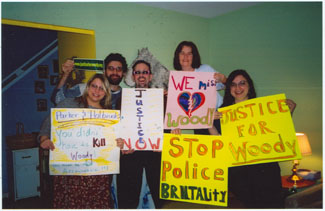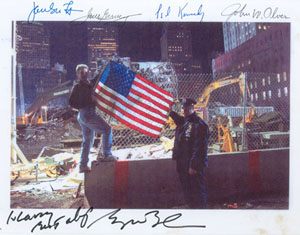Basia Jakubowska-Schlatner Solidarity (Solidarnosc) Collection
Temporarily stored offsite; contact SCUA to request materials from this collection.
As a university student in Warsaw, Poland, in January 1977, Barbara Jakubowska-Schlatner made the decision to join the democratic resistance to the Communist regime. For more than twelve years, she was an active member of the Solidarity (Solidarnosc) movement, organizing opposition to state oppression, producing and distributing underground literature, and working with the pirate broadcasts of Solidarity radio.
Recognizing the importance of the underground press to the Solidarity movement, Jakubowska-Schlatner went to extraordinary lengths to collect and preserve their publications. At various times, the collection was kept in the basement of her mother’s house, spread around among a series of safe locations, and sometimes even secreted in small caches in back lots. The collection of over 1,500 titles is centered on the underground press in Warsaw, but includes titles published in Wroclaw, Gdansk, Krakow, and other cities. These include a startling array of publications, from fliers, handbills, and ephemera to translations of foreign literature, newspapers and periodicals, a science fiction magazine, and instructions on how to run a small press.


